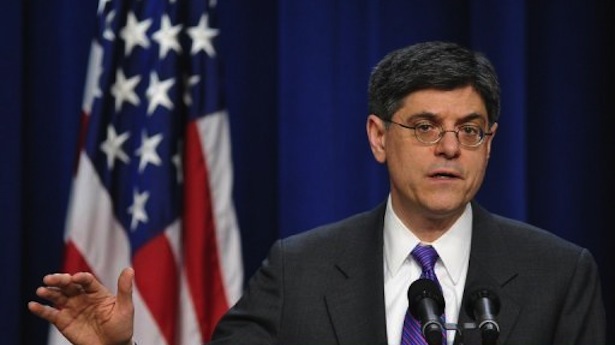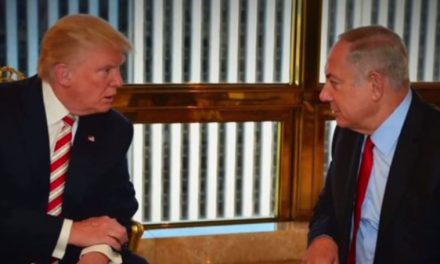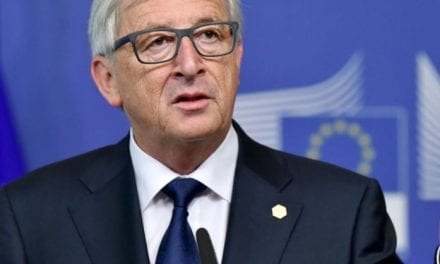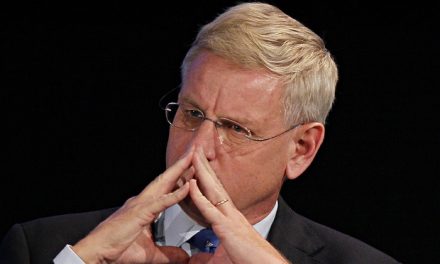By Greg Robb, Market Watch
The United States doesn’t have much sway to get the parties in the Greek debt crisis to put aside their differences and reach a deal on an economic reform package that could free up assistance to the cash-strapped country, experts said.
Treasury Secretary Jacob Lew is flying to Germany for a meeting Thursday to press his colleagues on the Group of Seven countries to compromise and reach a pragmatic agreement.
“No one should have a false sense of confidence that they know what the risk of a crisis in Greece would be,” Lew said during a stop-over in London according to the Wall Street Journal.
“What I worry about most is an accident,” Lew said.
Greek Prime Minister Alexis Tsiparas announced Wednesday that the Greek debt talks are in their “final stretch” and a deal is imminent, but EU officials immediately denied this.
Former Treasury Secretary Larry Summers said on Bloomberg Television that Greece would face a “real abyss” and Europe would face “a terribly risky situation” if no deal is reached.
“I think seeing a Greek failure and seeing what it’s contagion consequences are, is an experiment that no one should want to run,” he said.
European officials preparing for the G-7 meeting have said Greece isn’t even on the table of the talks. Greece is seeking an agreement on reforms with the eurozone and the International Monetary Fund to unlock frozen funding that will help the country pay its debts.
For the U.S., more than economics is at stake in the Greek debt crisis.
There is concern in Washington that Greece “might fall into the arms of the Russians,” said Desmond Lachman, a former IMF official and now an analyst with the American Enterprise Institute.
Events have some echo to the aftermath of World War II when fear of communists taking control of Greece sparked President Harry Truman to announce the Truman Doctrine to stop communism from growing stronger.
“Greece still has strategic importance, that hasn’t changed. It is the gateway to the Middle East,” Lachman said.
The Greek government has made a number of unsuccessful attempts to get the U.S. to intervene on its behalf with the eurozone, said Nicholas Economides, an economics professor at NYU Stern School of Business.
But he said he did not “expect the U.S. to put a lot on the line for Greece in the G-7 meeting.”
“The influence they have on the Europeans is fairly limited, all they can do is wring their hands and cajole them,” Lachman added. “This is a European problem. The U.S. doesn’t have the money to wade in.”
“The U.S. had trouble enough drumming up money for Ukraine,” he noted.
The Treasury Secretary can influence the IMF to a degree, Lachman said. But in the case of Greece, the IMF has already negotiated a three-year program that runs through early 2016. The U.S. can try to get the IMF to be more flexible but it cannot change the program already in place, he said.



















